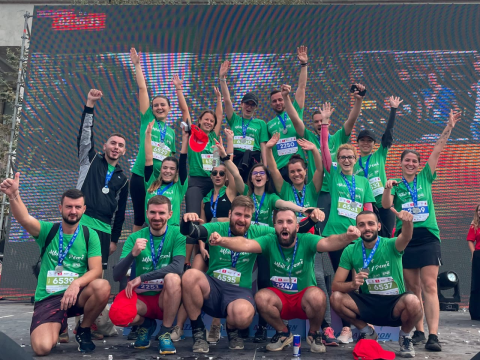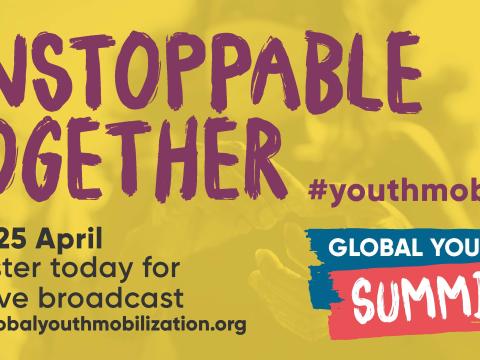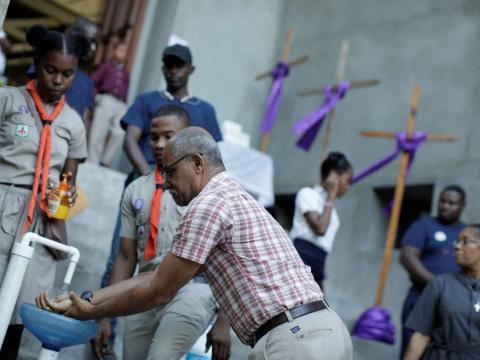Youth engagement and partnerships key to WHO Pandemic Accord
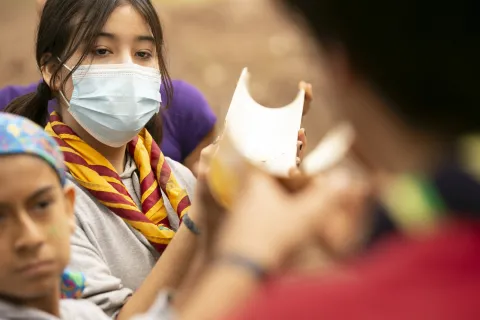
Four years ago, COVID-19 swept across the world, disrupting education systems and forcing millions of young people to pause or delay their schooling. As lockdowns and movement restrictions drove life online, the mental health of young people suffered and subsequent global economic slowdowns meant that many entering the job market for the first time struggled to find employment. An estimated 1.2 billion young people were impacted by the effects of the pandemic, and are still far from fully recovered from them.
Unprecedented disruptions were also felt across the Scout Movement as Scouting programmes, activities, and events were cancelled or moved online, and National Scout Organizations struggled with membership recruitment and retention.
In response, World Scouting enacted emergency efforts to mobilise its resources, providing much-needed support to National Scout Organizations. It also established the Global Youth Mobilization - in partnership with the Big Six Youth Organizations, the World Health Organization, and the United Nations Foundation - which has invested USD 5 million in youth-led action, solutions, and responses to the COVID-19 pandemic.
In the two years since its launch, the Global Youth Mobilization initiative has engaged more than 600,000 young people and reached over 3.6 billion community beneficiaries around the world through 654 youth-led projects and solutions focused on tackling the effects of education disruption, COVID-19 prevention and countering misinformation, improving young people’s mental and physical health, and promoting gender equality.
It serves as a shining example of the positive impacts that can be achieved when institutions, such as the United Nations, work together with civil society organisations to drive local change and engage young people as key actors in response to health outbreaks. The initiative’s success has since led to a new partnership and renewed funding from the European Union to drive youth-led change for the Sustainable Development Goals, and represents significant investment in the youth development sector.
This week, the final negotiations on the WHO Pandemic Accord started with Member States gathered to adopt a proposal that will be delivered at the 77th World Health Assembly in May 2024. The WHO Pandemic Accord outline how the international community will coordinate and strengthen pandemic prevention, preparedness and responses to future health outbreaks.
A key element of this coordination is how institutions and civil society organisations, particularly those serving and supporting young people, will be funded and engaged as part of a collective response. Also critical is how young people are involved through leadership opportunities and decision-making as part of responses to future health outbreaks that often disproportionately affect them. In order for them to do so, young people need access to accurate health information, and collectively we need to combat misinformation.
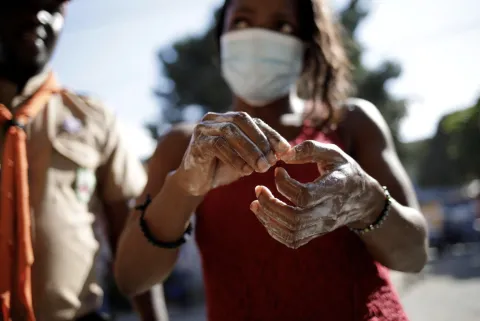
As Member States get ready to adopt the proposal, we urge governments and organisations globally to support the WHO Pandemic Accord, recognising the importance of cross-sectoral collaboration and the engagement of young people in decision-making as key to the success of tackling future pandemics and countering misinformation.
Learn more about the WHO Pandemic Accord here.
Want to have your voice heard? Sign the Global Citizen Petition to highlight to world leaders that young people deserve a fair and inclusive plan to combat future pandemics!
